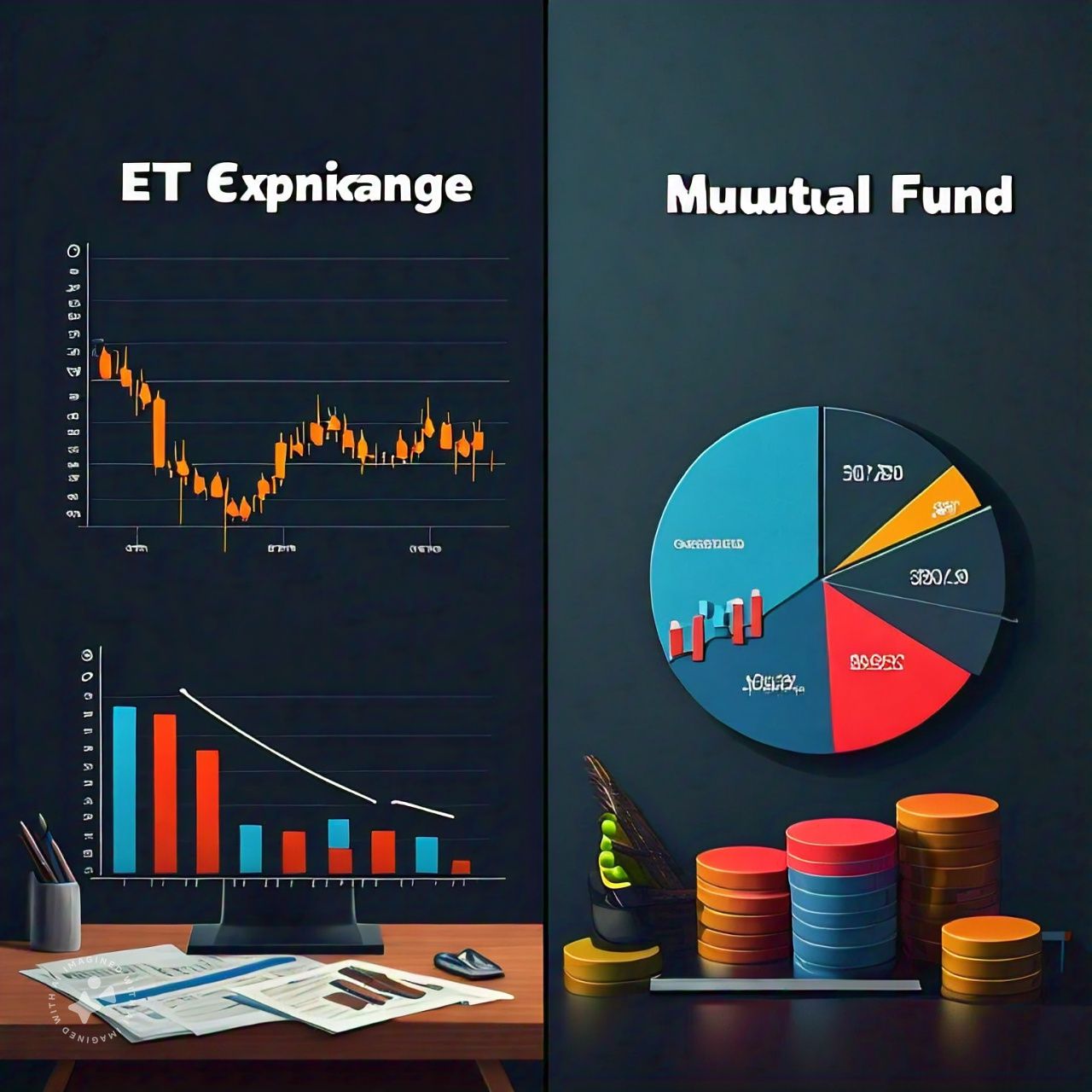Introduction
Many people wonder how the Sensex and Nifty indices work when they see these market indicators going up or down and question whether they can buy or sell them like shares of well-known companies. While you can’t purchase these indices directly, you can invest in funds that track them, such as ETFs (Exchange-Traded Funds), which are accessible and diversified investment options.
Sensex represents the top 30 companies on the Bombay Stock Exchange (BSE), while Nifty includes the top 50 on the National Stock Exchange (NSE). By tracking these indices, investors get a sense of market trends: a rising Sensex usually reflects a positive market, while a drop signals a downturn.
ETFs like NiftyBees allow you to invest in India’s top companies with small amounts, spreading your risk across multiple stocks. These funds trade on the stock exchange like shares and come in various options, including sector-focused or international ETFs like those that track the Nasdaq. With a Demat account, you can easily invest in ETFs, place limit orders, and build long-term investments, all with the benefit of exposure to top-performing companies and even global markets.

Understanding Sensex and Nifty
- What are Sensex and Nifty?
-
- Sensex and Nifty are indices representing the performance of top companies in the Indian stock market.
- Sensex includes the top 30 companies listed on the Bombay Stock Exchange (BSE).
- Nifty50 includes the top 50 companies listed on the National Stock Exchange (NSE).
- Role of Indices in the Stock Market
-
- These indices reflect the overall market trend:
- If Sensex/Nifty rises, it indicates a general market uptrend.
- A fall suggests a market downtrend.
- Indices offer insights into the top companies’ performance, representing market health.
- These indices reflect the overall market trend:

Buying and Selling Index-Based Investments
- Can You Buy Indices Directly?
-
- Direct purchase of indices (Sensex/Nifty) isn’t possible.
- However, there are two primary options for investing in indices indirectly:
- Mutual Funds
- Exchange-Traded Funds (ETFs)
- Investing Through Mutual Funds
-
- Mutual funds pool investors’ money to invest in a diversified portfolio of companies.
- For index-based investments, Index Mutual Funds track specific indices like Sensex or Nifty.
- Equity Mutual Funds focus on equity investments, managed by qualified fund managers who invest in stocks according to index changes.
- Investing Through ETFs
-
- ETFs (Exchange-Traded Funds) represent funds traded on stock exchanges.
- ETFs for Sensex or Nifty, like Nifty Bees, track the performance of these indices.
- The ETF price is generally lower than the actual index, allowing small investments.
- ETFs are traded like stocks, so investors can set limit orders (buy/sell at a desired price).
Advantages of ETFs Over Mutual Funds
- Flexibility
-
- You can buy or sell ETFs on the stock exchange during market hours.
- Unlike mutual funds, ETFs allow setting specific prices (limit orders) and good-till-trigger (GTT) orders.
- Affordable Diversification
-
- ETFs provide exposure to the top companies of Sensex or Nifty, allowing small investments to be diversified across leading firms.
- For example, by investing a small amount (e.g., ₹190 in Nifty Bees), you gain exposure to Nifty50’s top 50 companies.
- Low-Risk Investment
-
- With diversified ETF investment, the risk is lower than individual stocks.
- The volatility in ETFs reflects broader market movements, which are generally less extreme compared to single stocks.
- Automatic Adjustment of Top Companies
-
- Every six months, companies in the Sensex or Nifty are reviewed and re-evaluated.
- Underperforming companies are replaced, ensuring the best-performing companies remain in these indices.
Examples of Index-Related ETFs
- Nifty Bees and Sensex ETFs
-
- Nifty Bees represents the Nifty index and is available for purchase on NSE.
- Similarly, Sensex ETFs are offered by companies like SBI, allowing you to invest in Sensex at a fraction of the index’s value.
- Sector-Specific and International ETFs
-
- Sectoral ETFs, like Bank Bees (tracking Bank Nifty), allow investment focused on specific sectors.
- Gold ETFs represent the price of gold and rise during economic uncertainty.
- International ETFs like Nasdaq 100 ETF (offered by Motilal Oswal) allow investment in top US companies listed on Nasdaq.